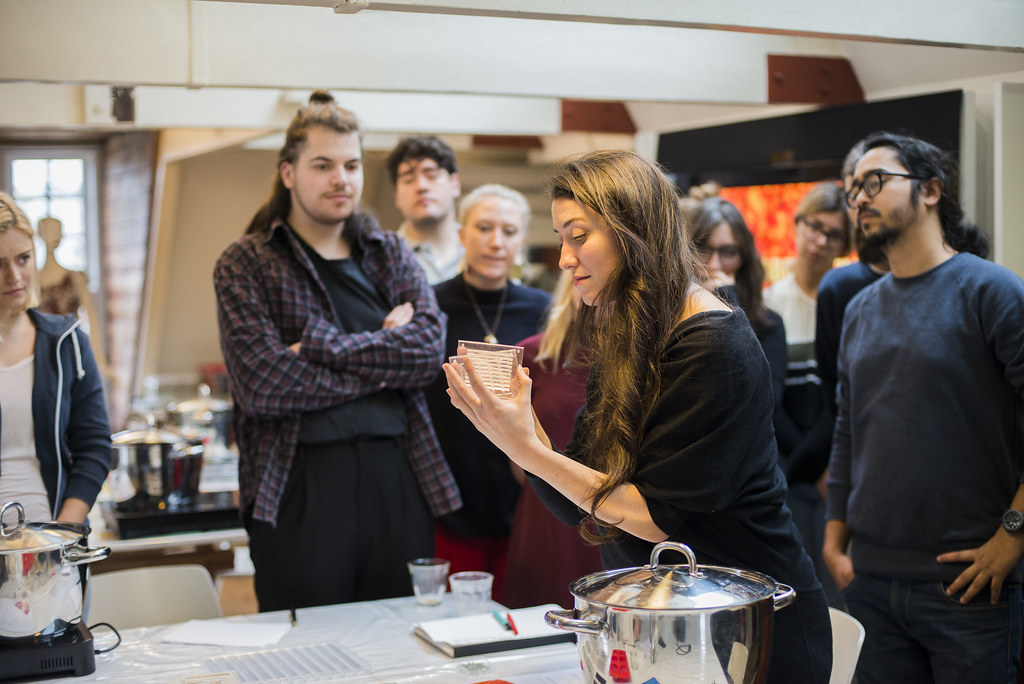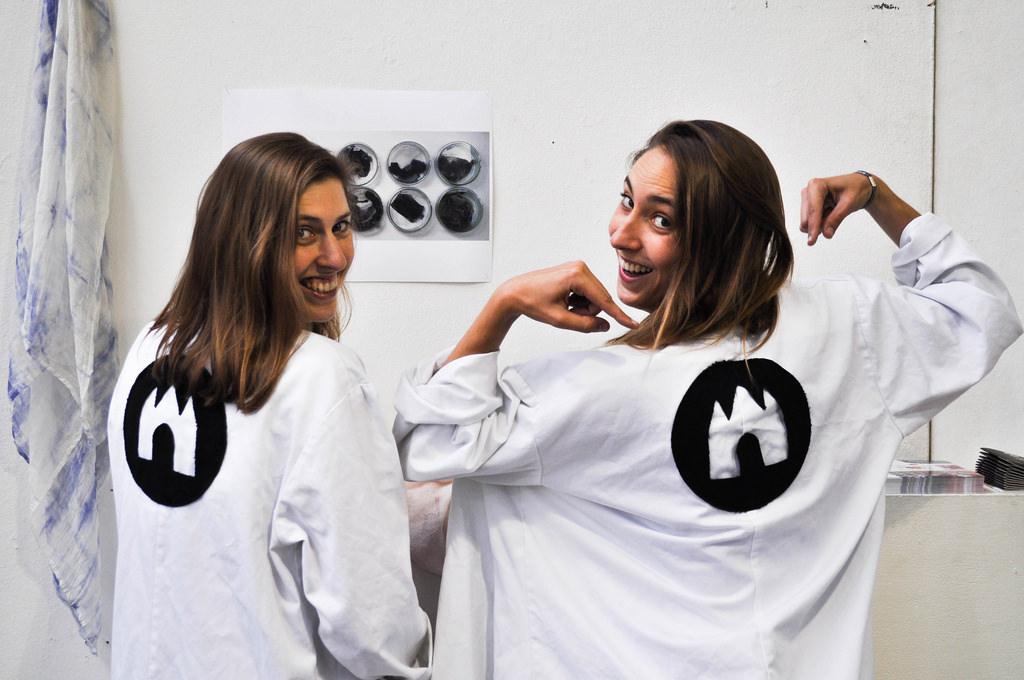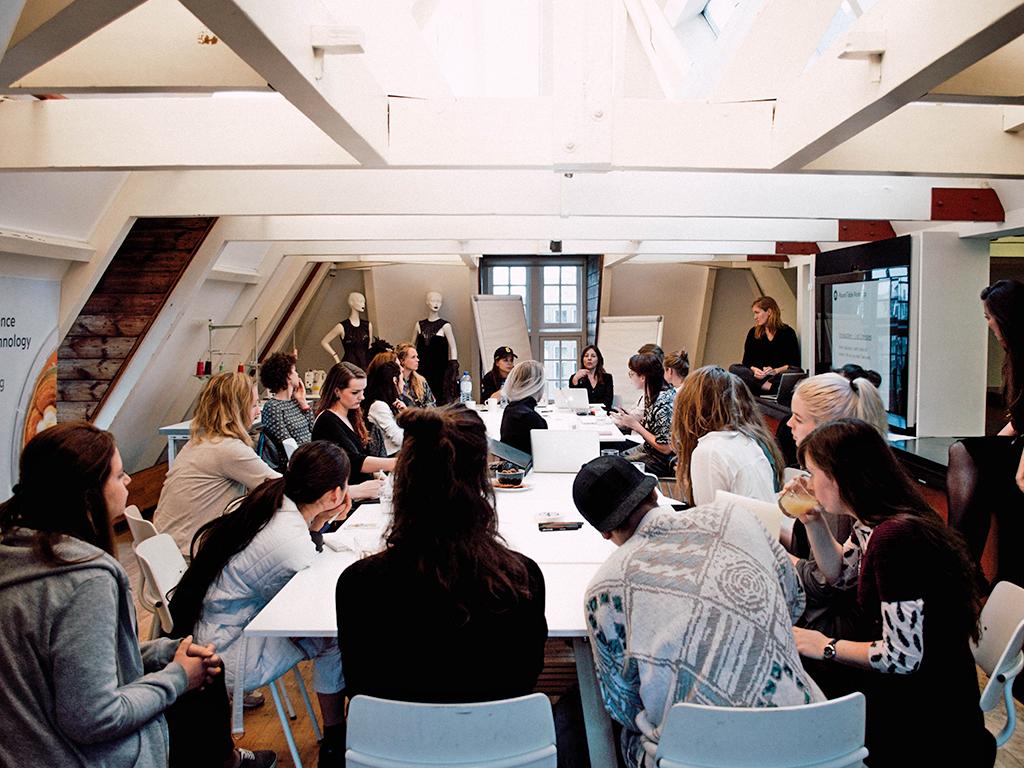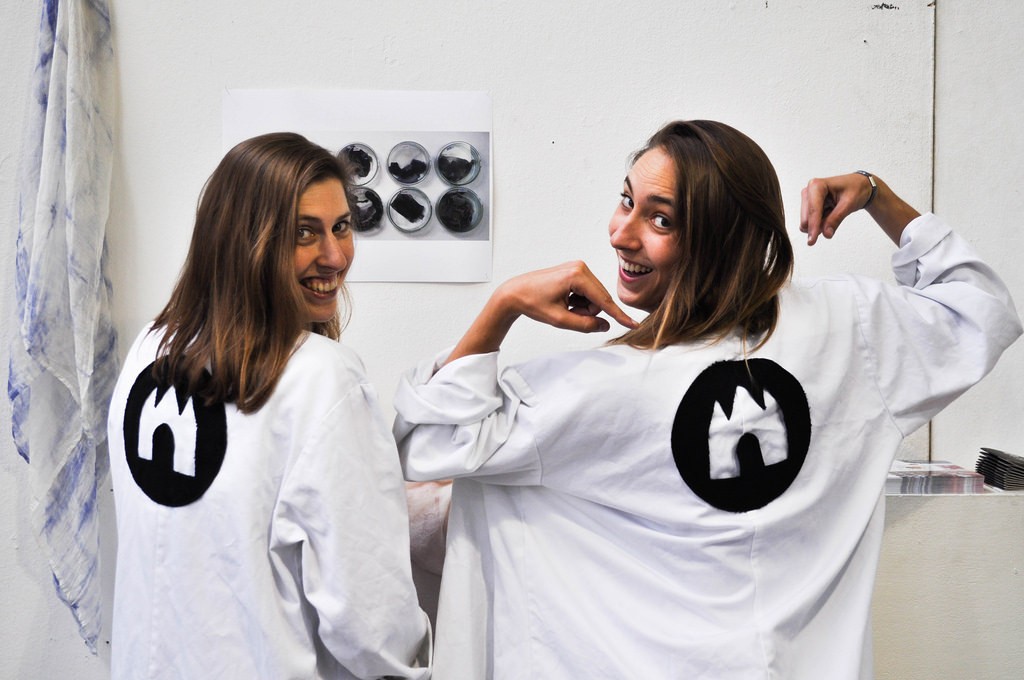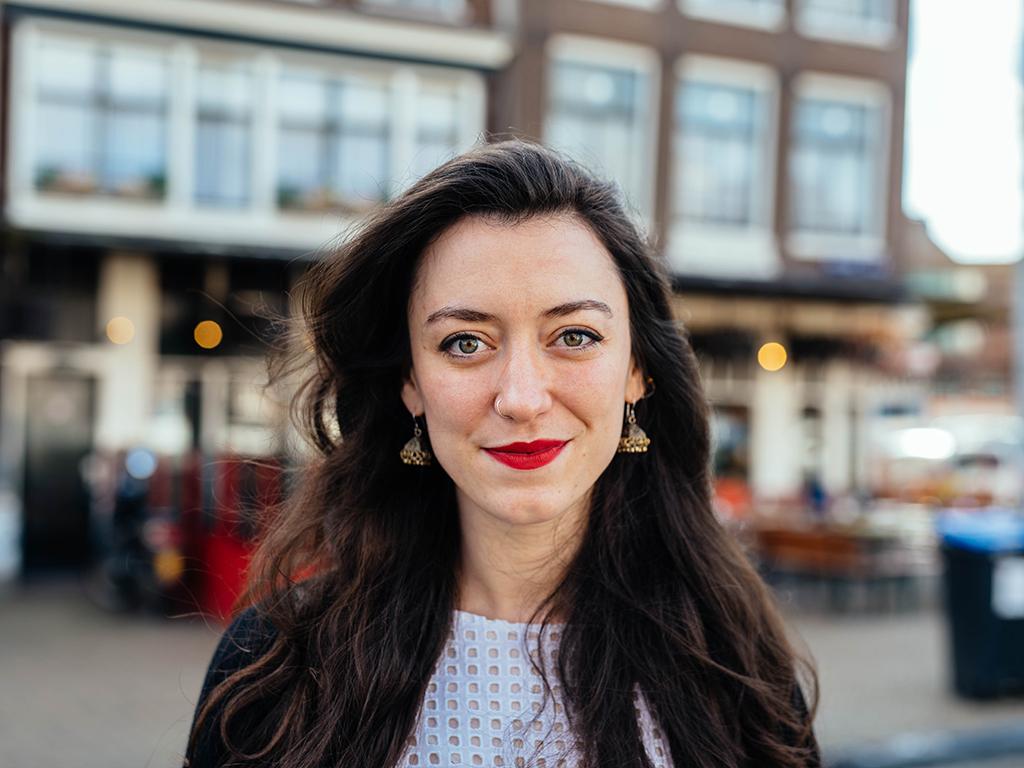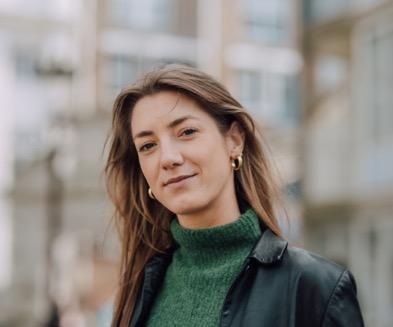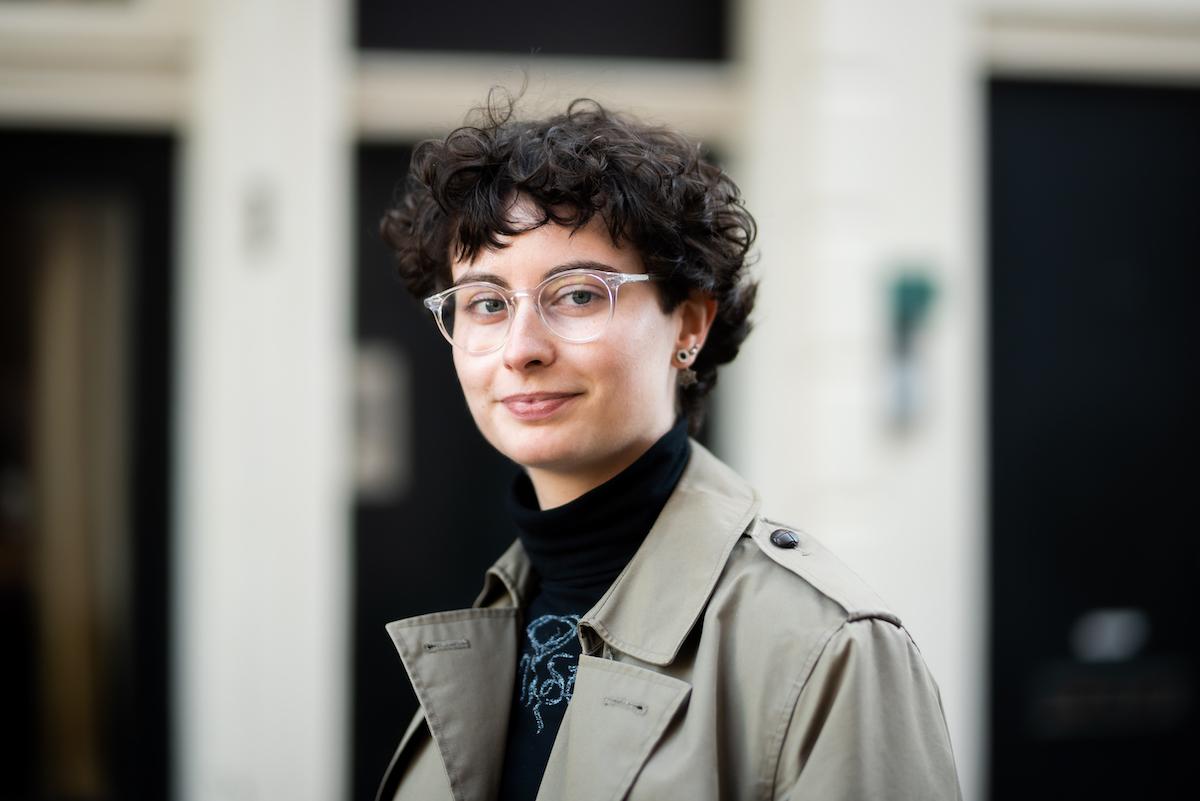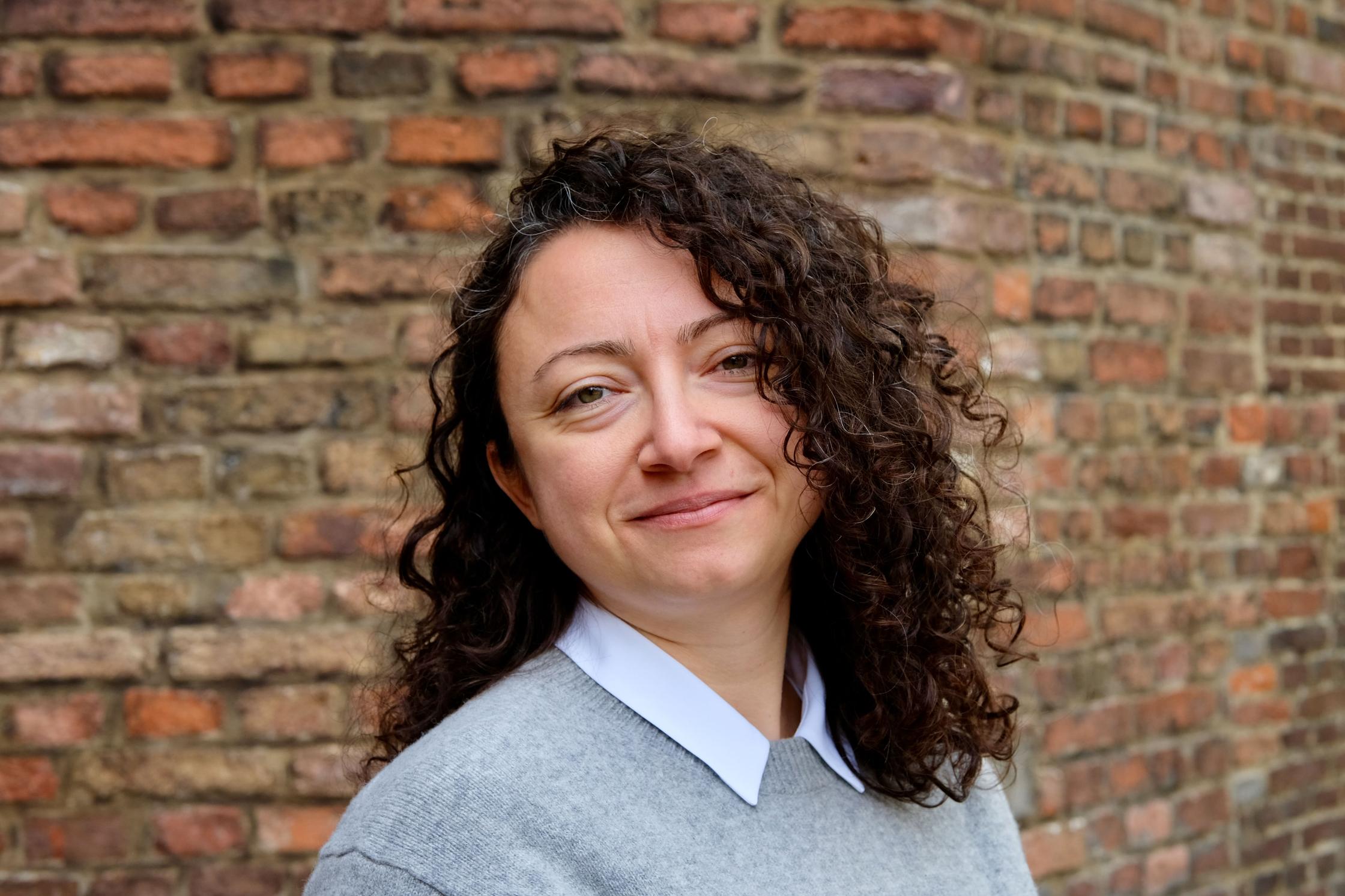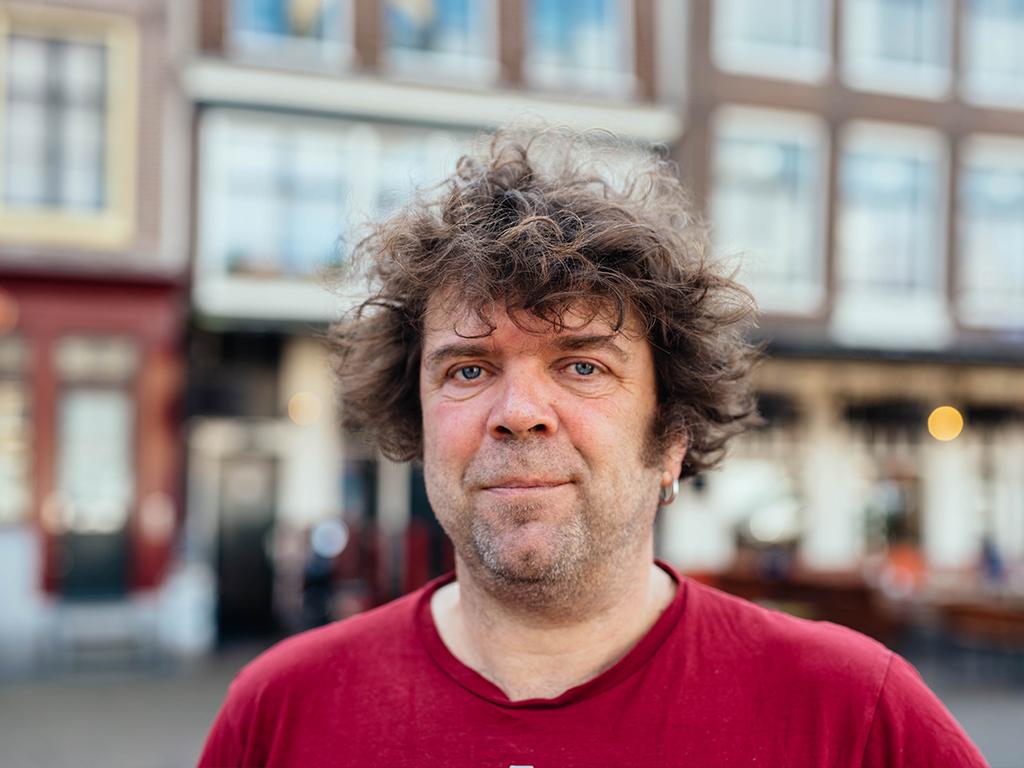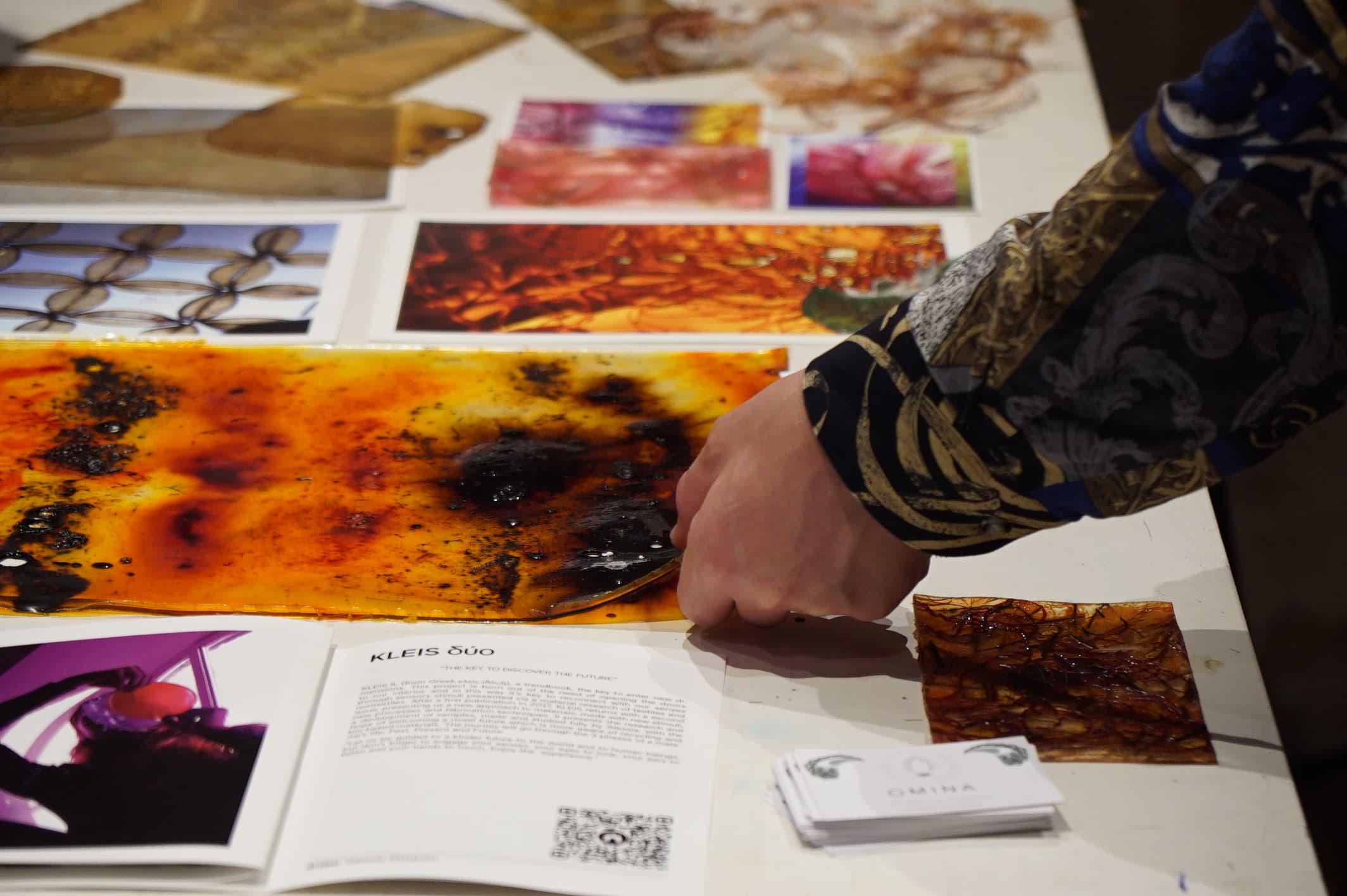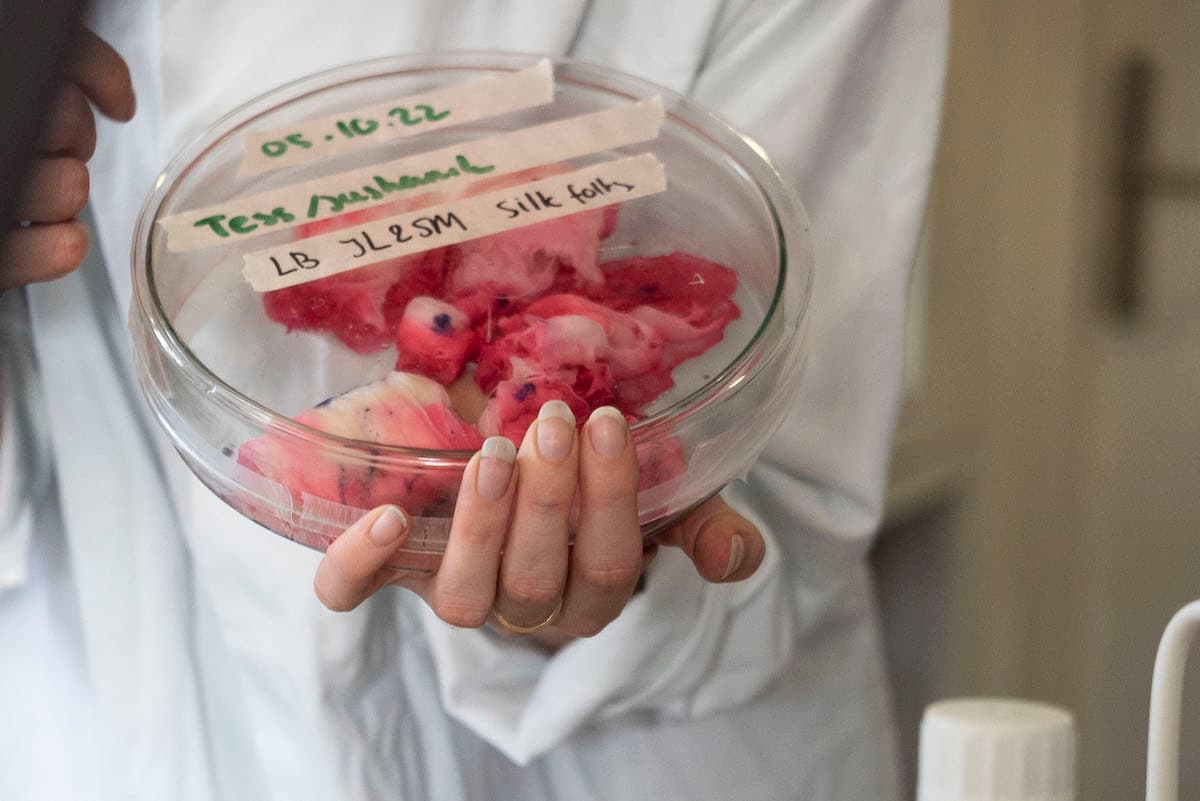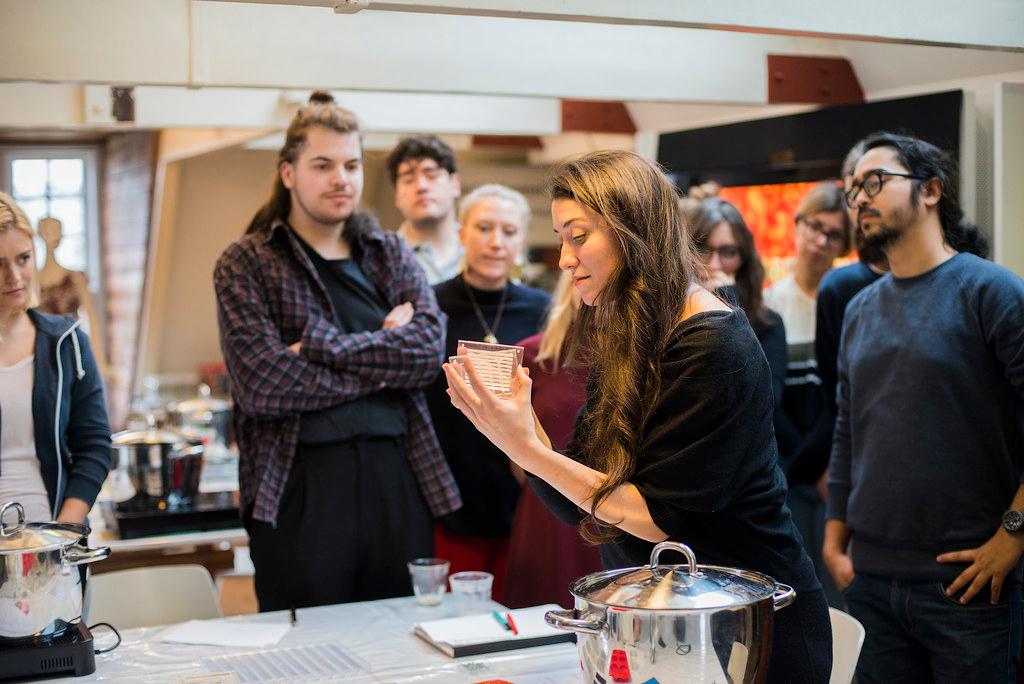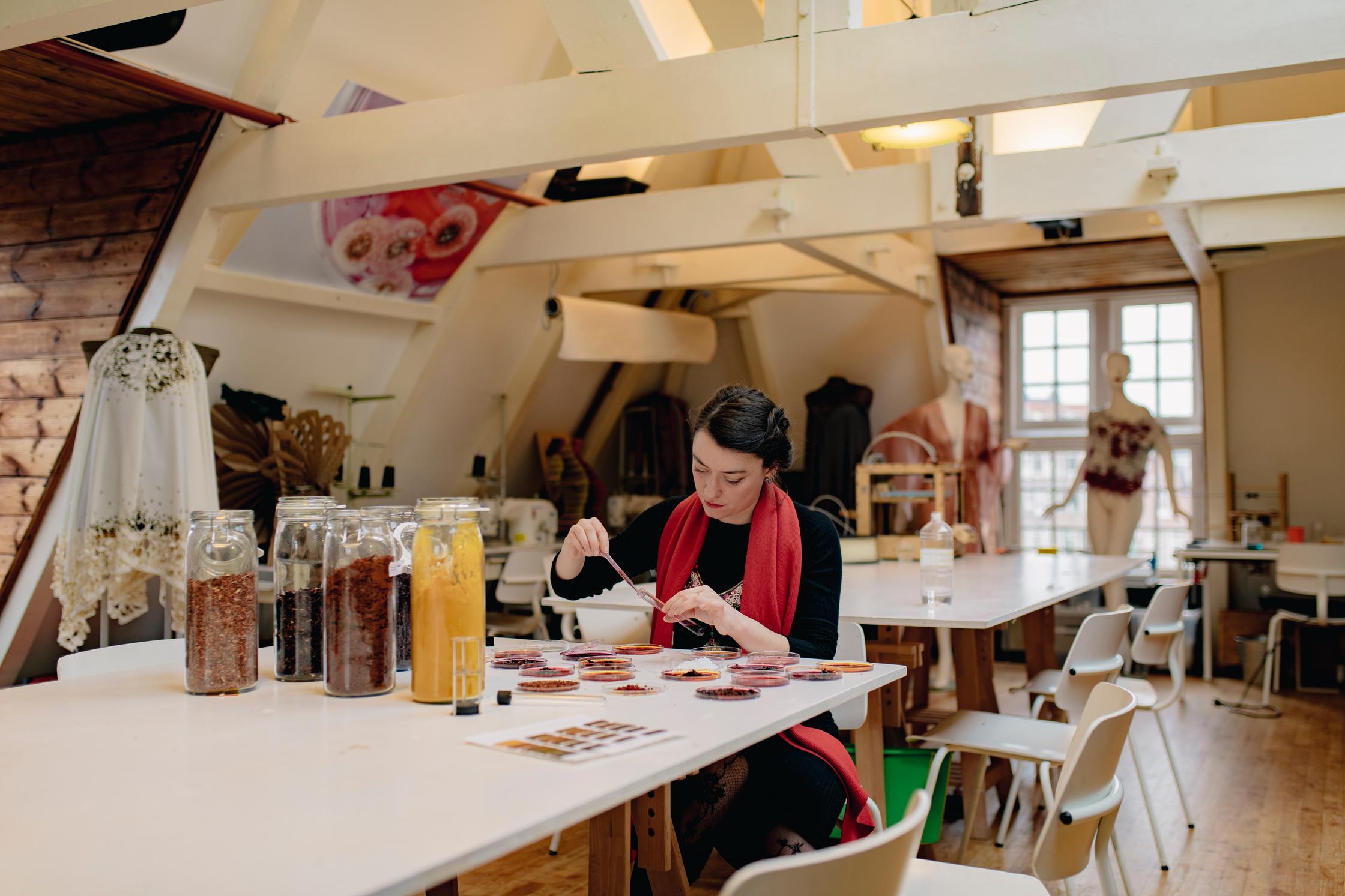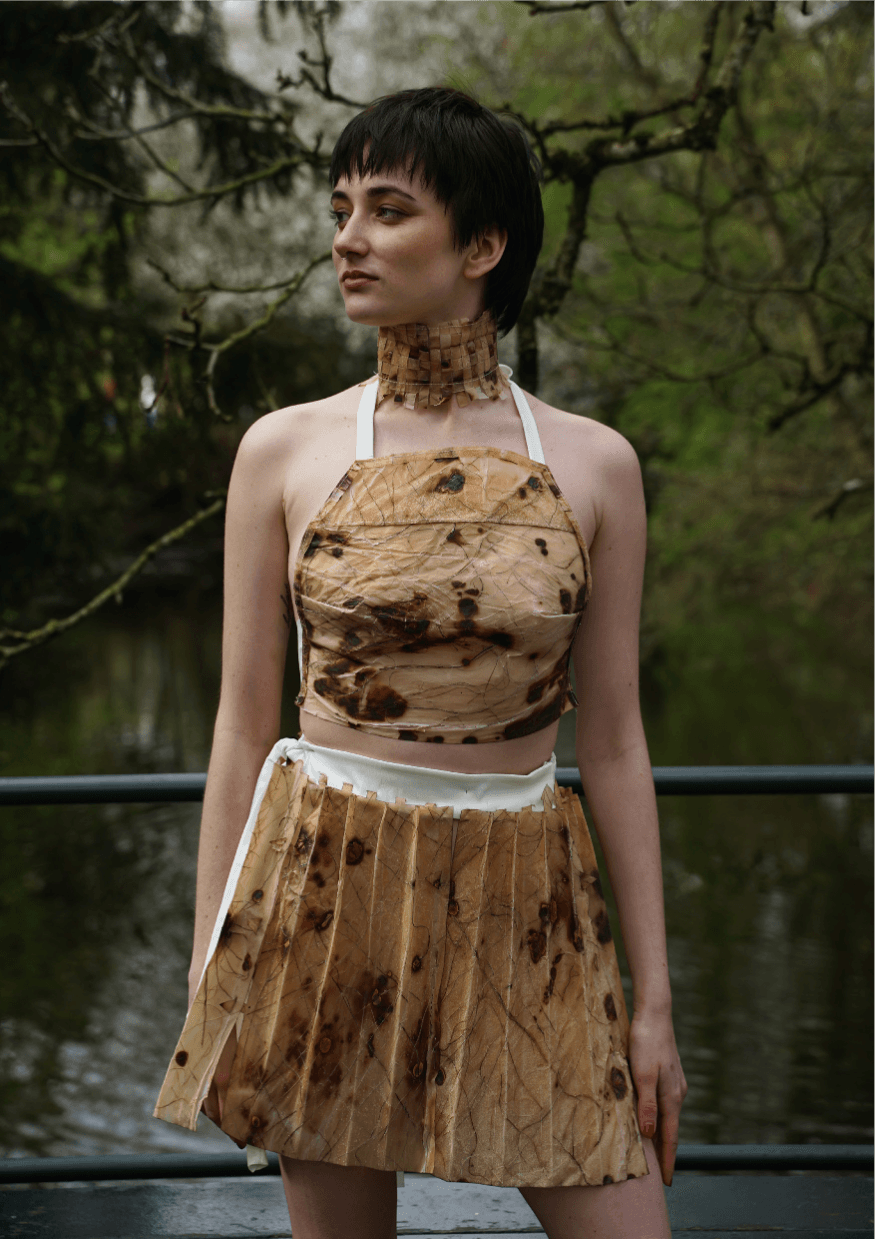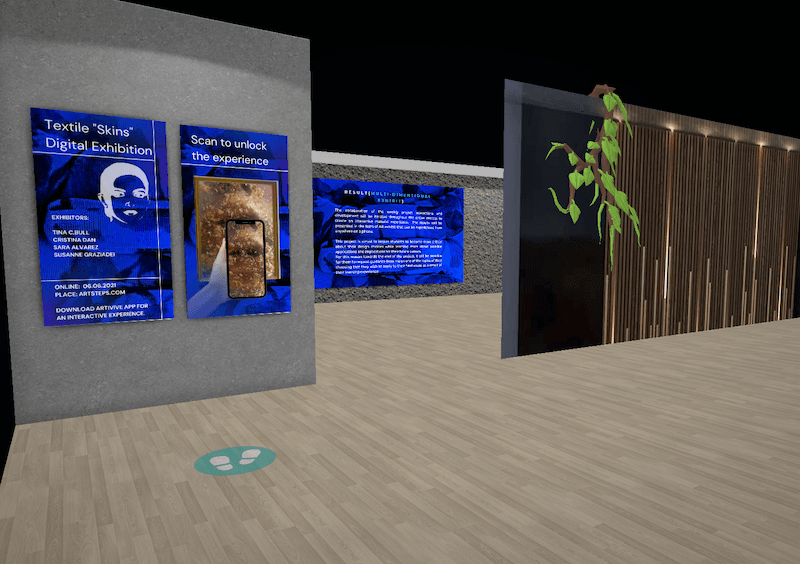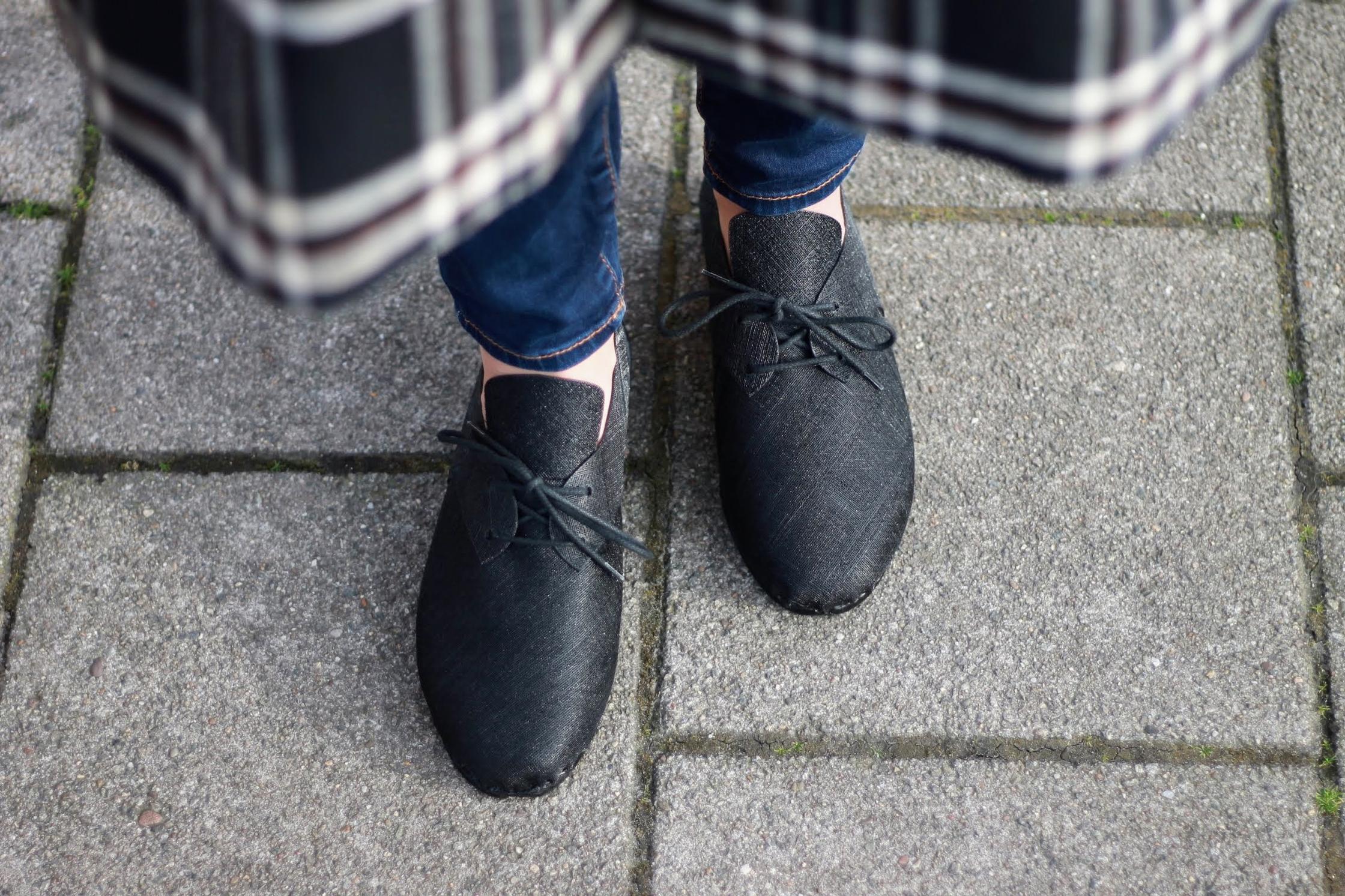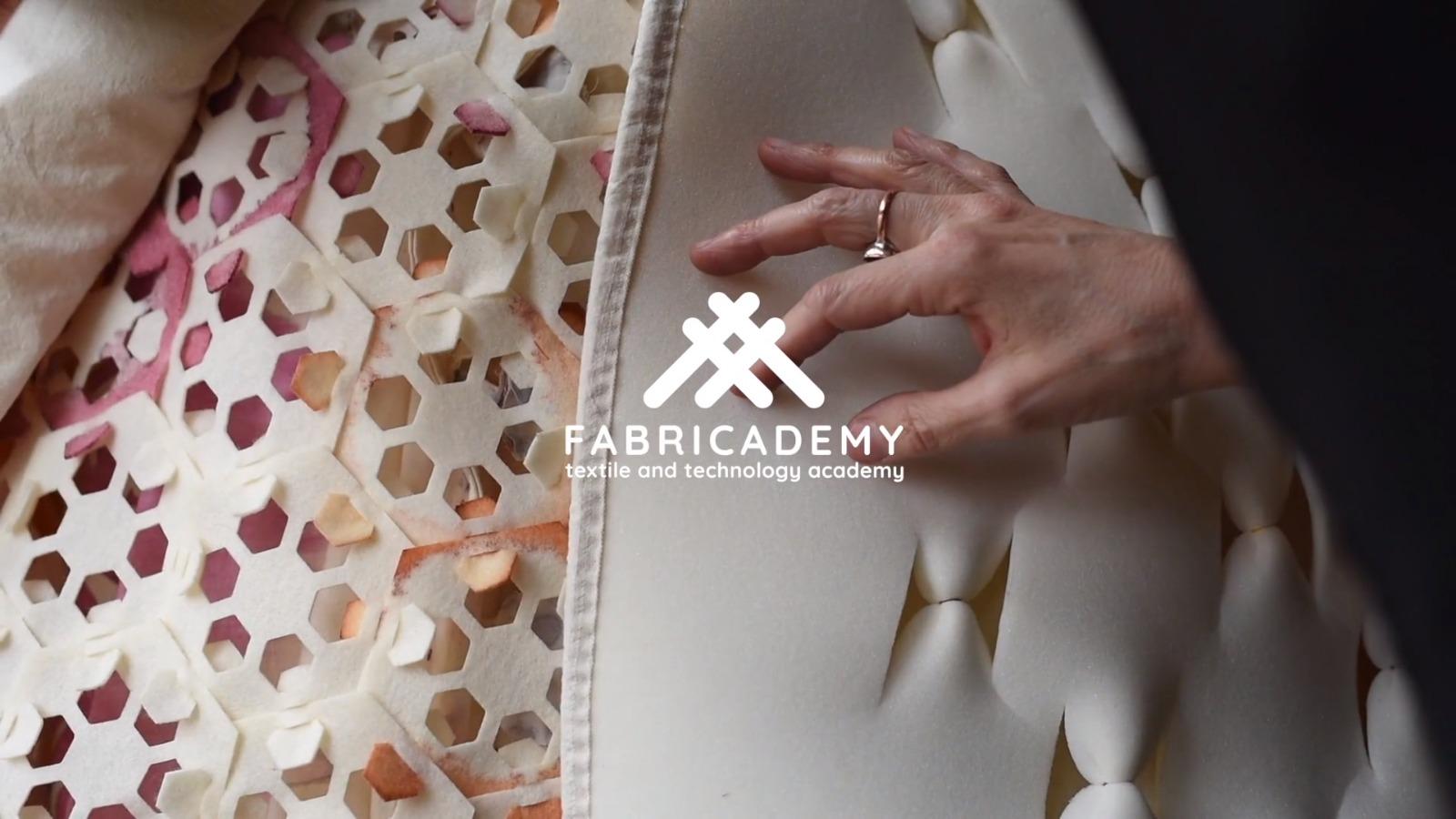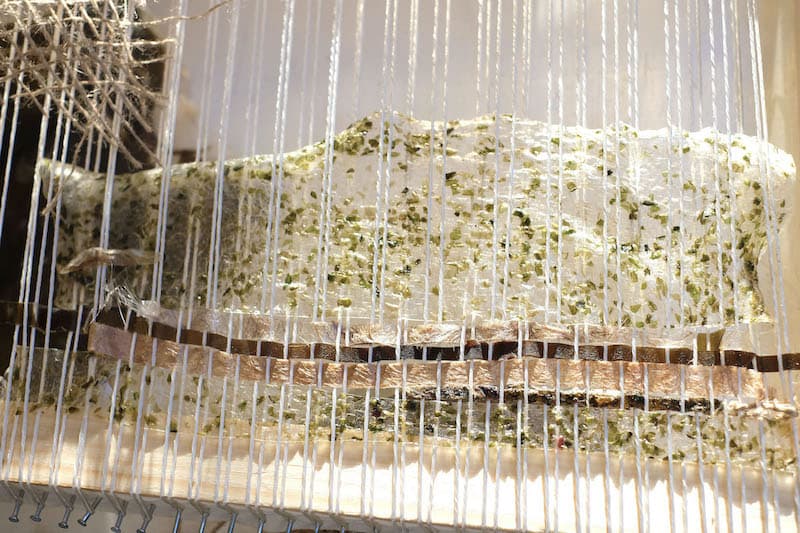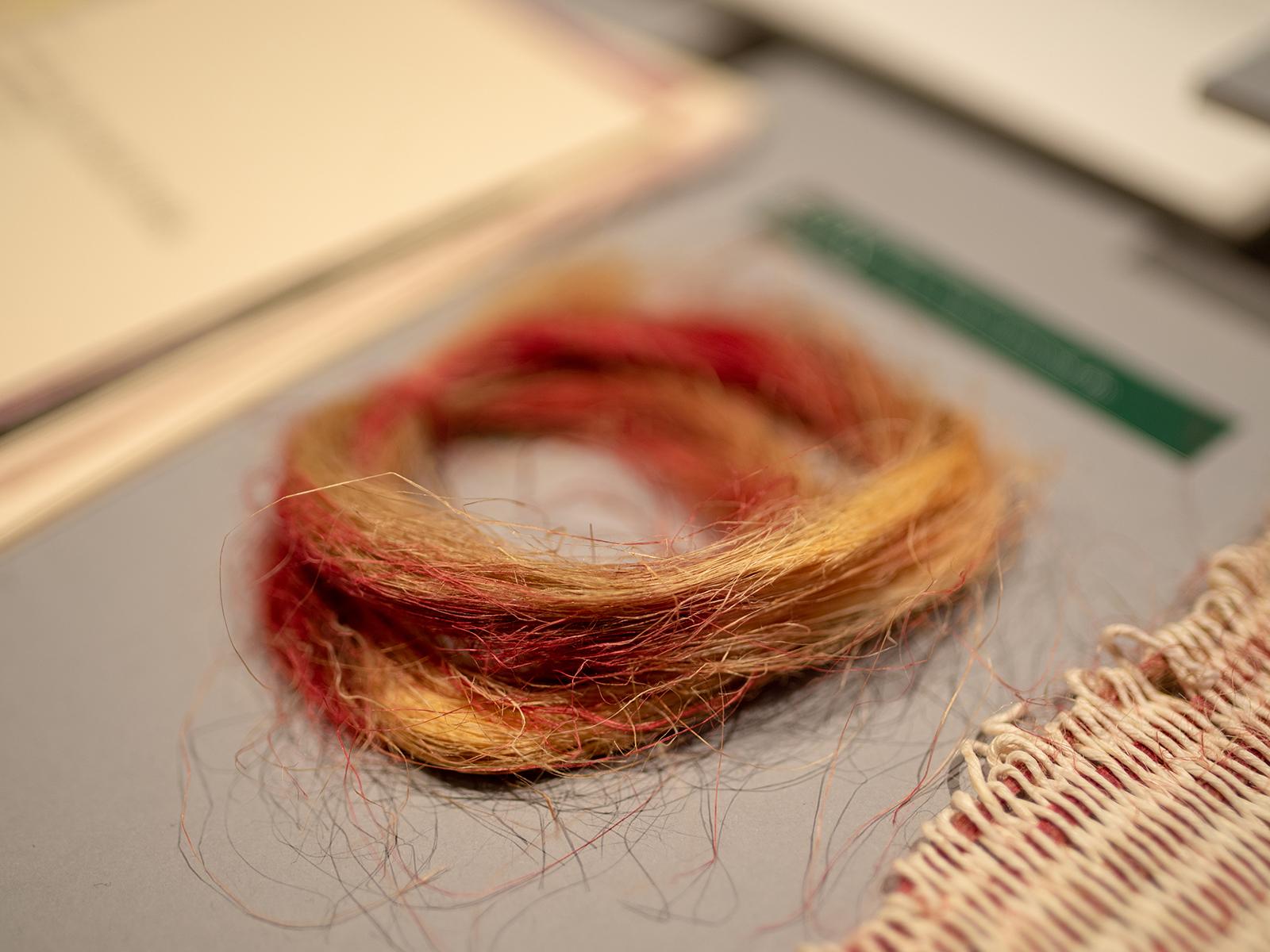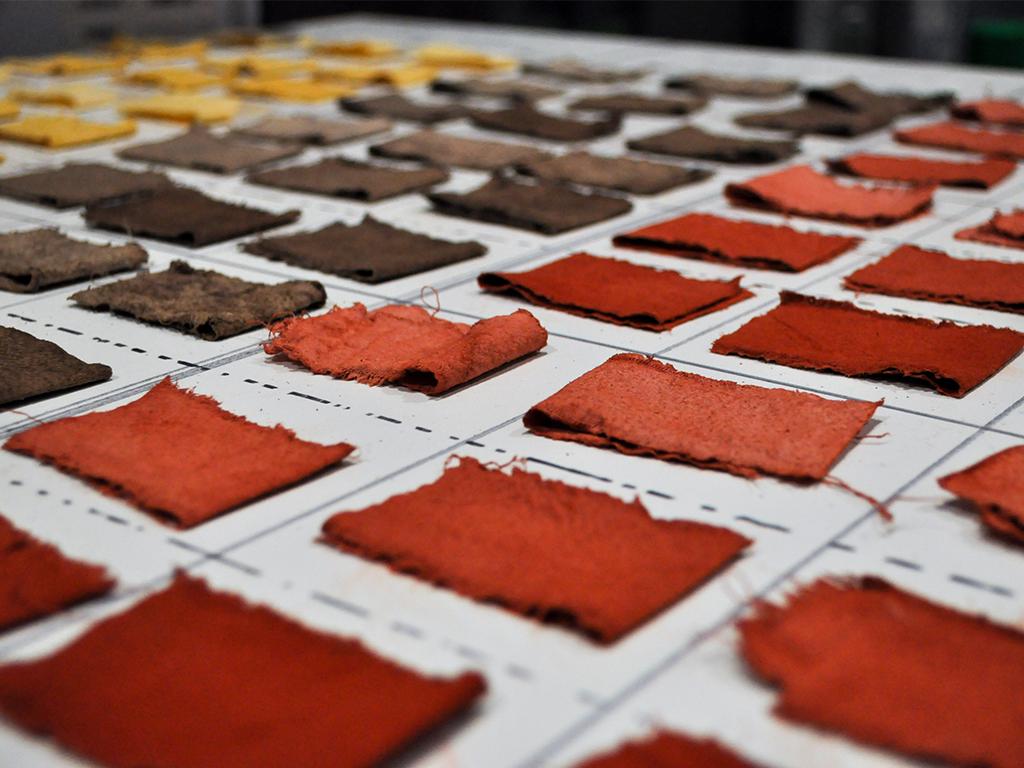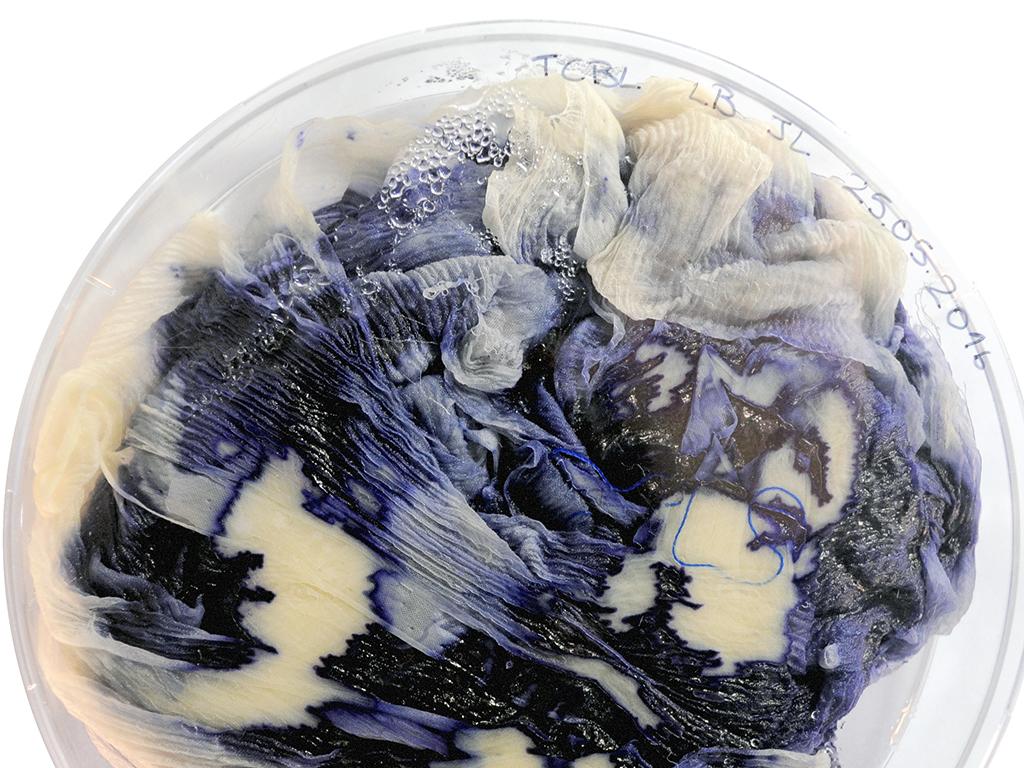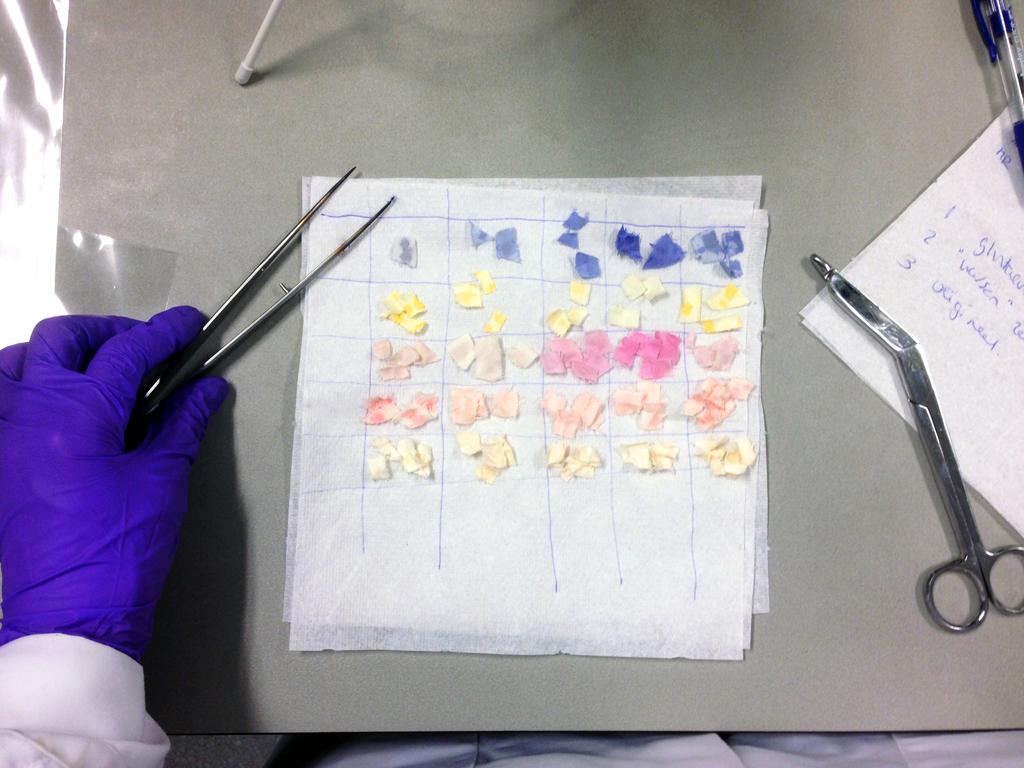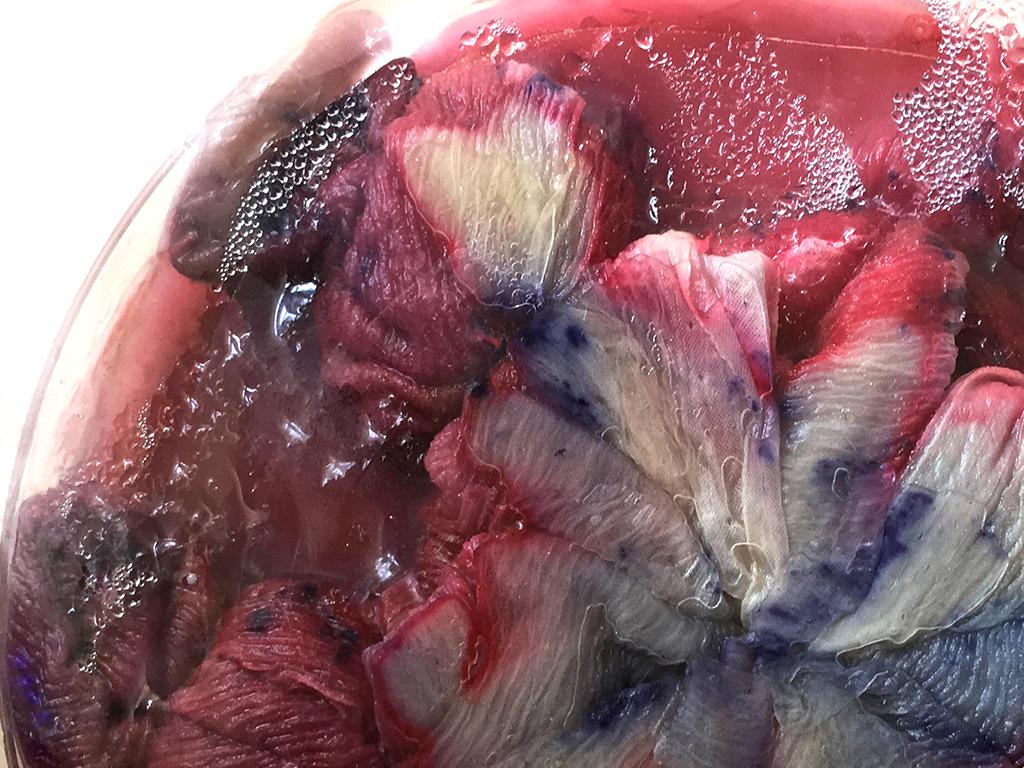Fabricademy is a 6-month educational programme at Waag that explores the intersection of textiles, digital fabrication and biology. The submission platform to join from September 2024 is now open! Find out more about the programme, the lab and its instructors.
Fabricademy at Waag’s TextileLab Amsterdam
Fabricademy runs in various nodes all over the world. Waag’s TextileLab Amsterdam is one of the initial labs for textile, fashion and material designers. Here, researchers, artists, engineers and creatives explore the future of the textile and clothing industry. You can think of it as a playground for craftsmanship, heritage, technology, digital fabrication, shared knowledge and biology.
TextileLab Amsterdam, our base at the Waag and the city of Amsterdam might make it extra appealing to follow Fabricademy with us. We will investigate how the textile and fashion industry can benefit from new technologies, processes and business models. TextileLab Amsterdam was founded by Cecilia Raspanti and Ista Boszhard in 2016.
Register for Fabricademy today
Fabricademy offers a broad overview of the state of the art of the current industry. During the first three months (September - December), as a student you are provided with in-depth lectures in themes like circular fashion, wearable technology, bio-fabricating materials and sustainability. The workshops will give you the tools and the shared knowledge to develop your own in depth research project in the TextileLab. You also will obtain hands-on experience to work with digital fabrication tools such as laser cutters, 3D printers and CNC milling machines.
In the second part of the program (January - April), it’s up to you to integrate the knowledge and tools into a personal project. You will be mentored by our dedicated instructors and pool of experts. It’s preferred to take the whole programme, but it’s also possible to subscribe for a subset.
Take a look at the weekly topics.
Is this programme for me?
Do you have a curious mindset? Are you critical, do you like working with your hands and are you disciplined in documenting the making process? Do you believe in open source and are you slightly autodidact? Then, Fabricademy is made for you!
Specific knowledge isn't required. Being in the intersection of multiple disciplines, this programme suits a wide range of (educational) backgrounds and professions.
Contact
Would you like to get in touch? Do you have some more questions considering the program, or are you curious if Fabricademy is something for you? Reach out to us! Mail to: textilelab ⟨ at ⟩ waag.org.
Read the general terms and conditions.
Take a look at what former Fabricademy students made with us at Waag.
From food waste to fashion - Rebecca van Caem
Rebecca created new textiles and fashion from one of Amsterdam's local food waste streams: artichoke! Watch the video of her final project Boertex.
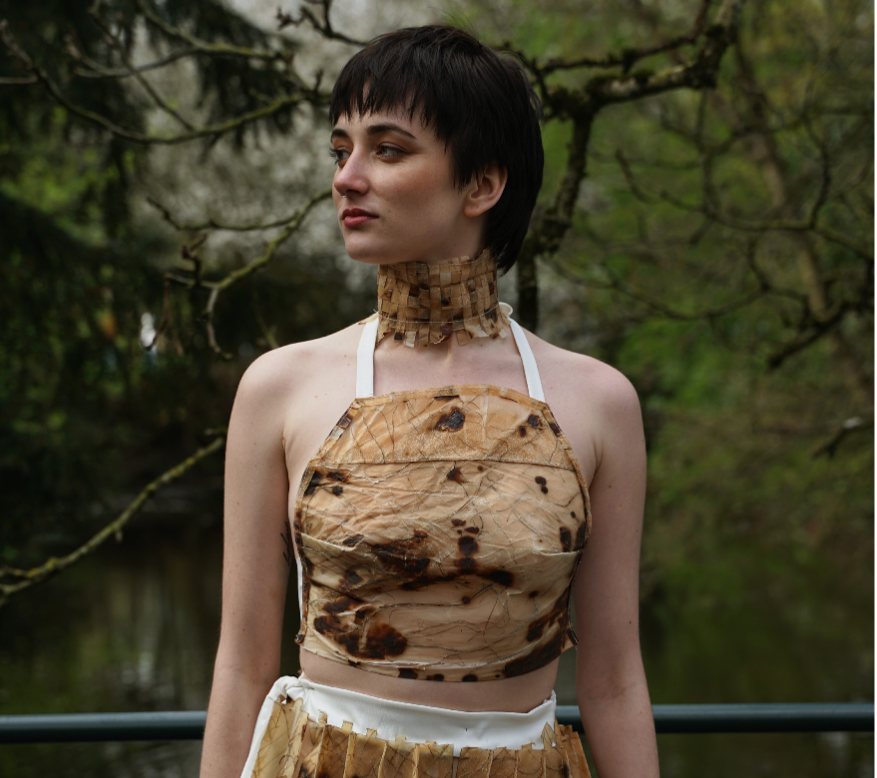
Gaia - Bela Rofe
For her poetic final project, Bela was inspired by the symbolic meaning of water, mermaid hair and algae. She weaved these meanings together: check out the documentation of her work and the video Gaia. It's also very cool to see that she's exhibiting her work Weaving Water at the Milan Design Week!
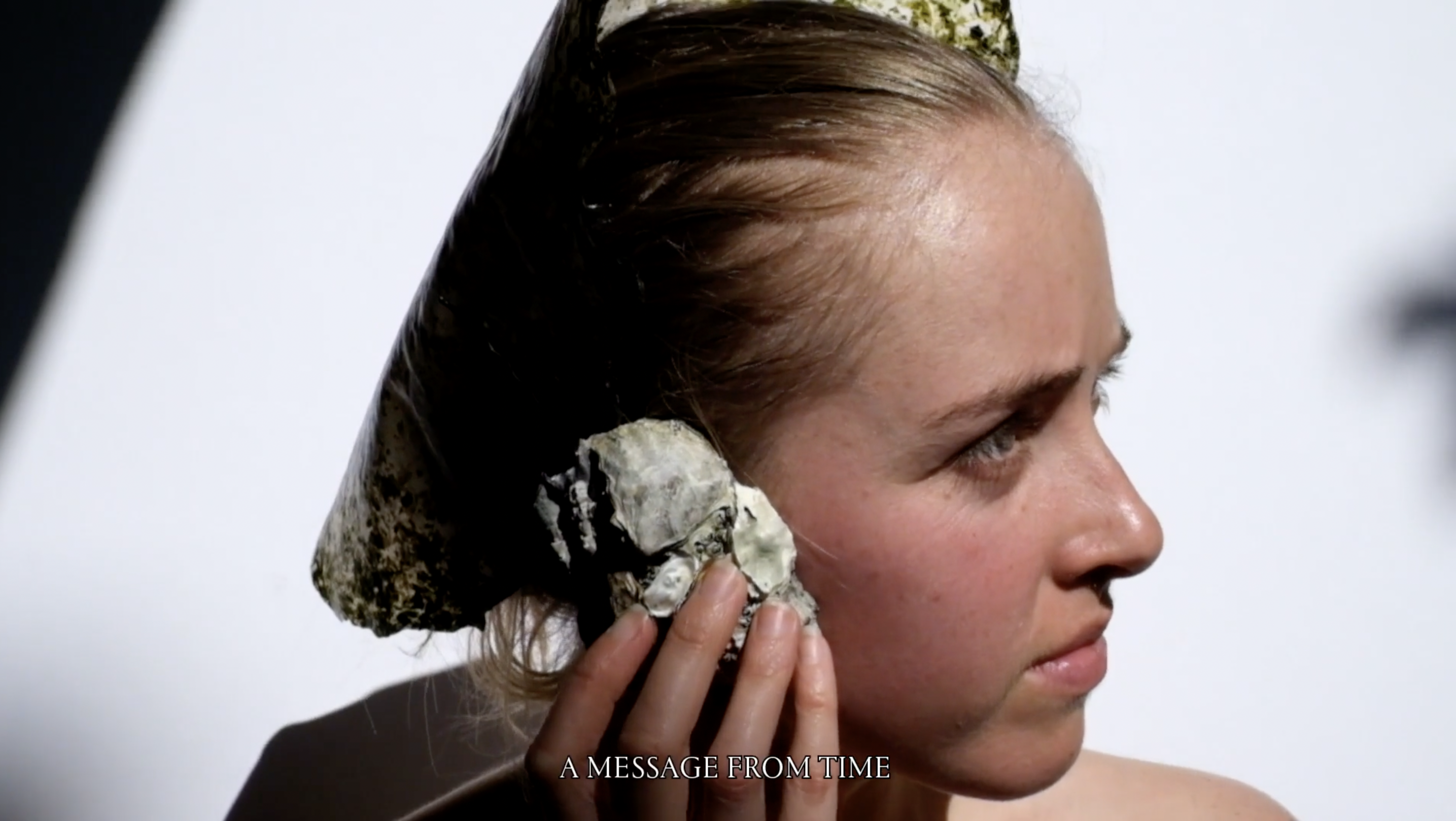
Final Projects 2019-2020 - Bela Rofe - Gaia from Fabricademy, Textile Academy on Vimeo.
Symbiotic Shoes - Sara Alvarez
Shoes are usually very difficult to recycle, but that is not the case with Sara Alvarez' Symbiotic Shoes! Watch her final video or read the interview, in which our alumna shares her experiences at Fabricademy.
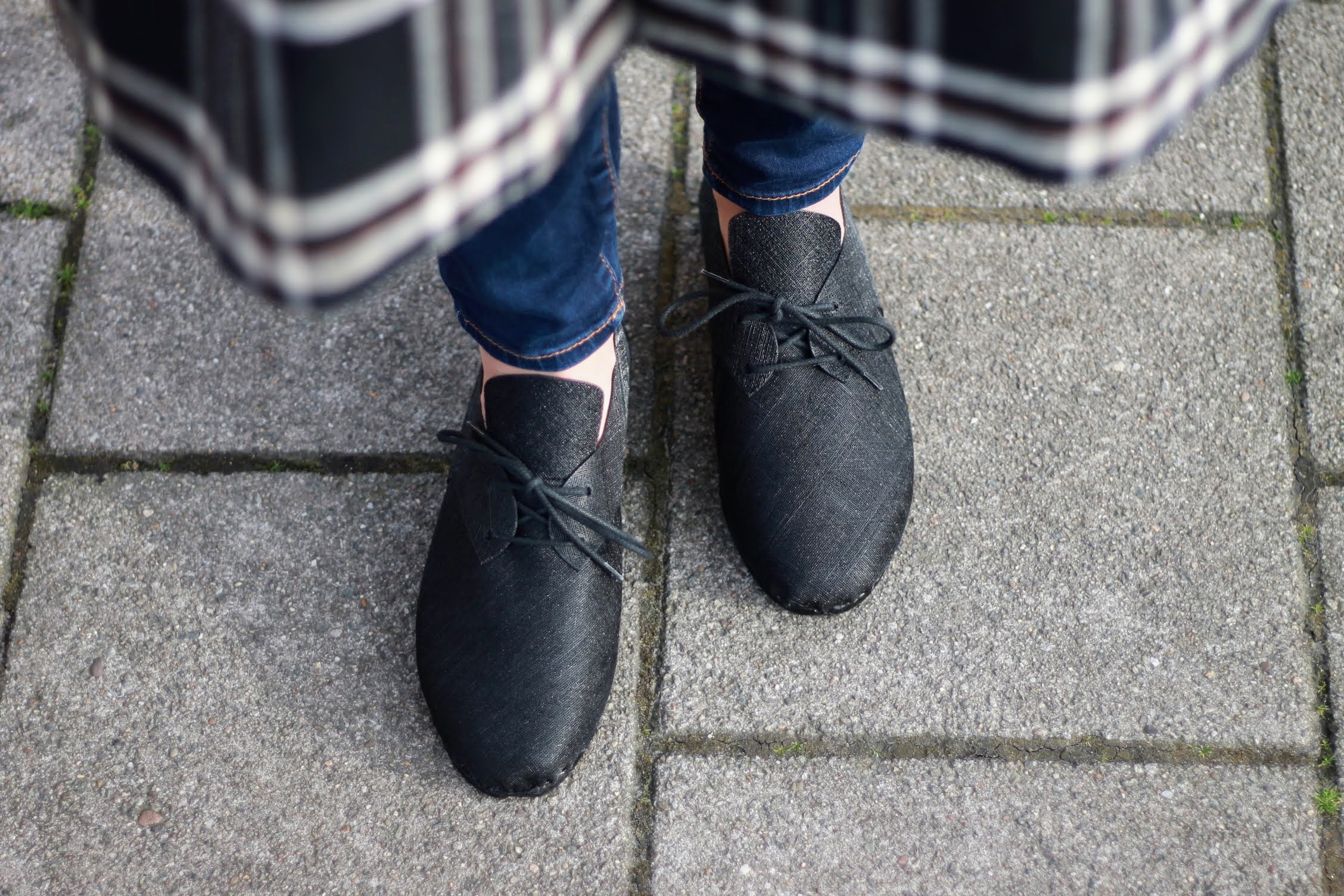
About the instructor
Cecilia Raspanti is co-founder and lab lead of Waag's TextileLab Amsterdam. There, she leads the creative research and technological development of new concepts and alternatives for the textile and clothing industry. Cecilia is also co-founder and lecturer of Fabricademy.
